- Arakan residents call for air raid warning systems amid surge in junta airstrikes
- Arakan’s Breathing Space (or) Mizoram–Arakan Trade and Business
- Death toll rises to 18 after junta airstrike on Ponnagyun village market
- Regime arrests dozens of Muslims in Sittwe over alleged Arakan Army links
- Over 200 IDPs in Ponnagyun struggle without shelter, food aid
Small ethnic political parties in Arakan State say new registration law poses existential threat
The junta-controlled Union Election Commission’s new Political Parties Registration Law has left small ethnic parties in Arakan State uncertain about their continued existence.
01 Feb 2023
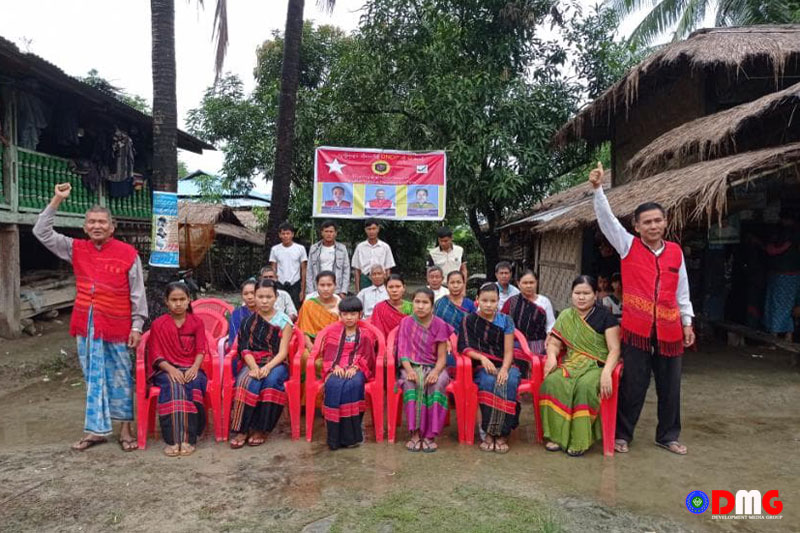
DMG Newsroom
1 February 2023, Sittwe
The junta-controlled Union Election Commission’s new Political Parties Registration Law has left small ethnic parties in Arakan State uncertain about their continued existence.
The legislation was signed by the junta-appointed UEC Chairman U Thein Soe on January 31.
According to the new electoral law, political parties at the national level must have 100,000 members and parties at the regional and state levels must have 1,000 members. In addition, it states that national-level political parties must have K100 million in funds and regional and state-level parties must have K10 million in funds.
“The main difficulty is that the party must have K10 million in funds, which is very difficult for ethnic minorities,” said U Than Htay, secretary-2 of the Khami National Development Party. “If we are to register a political party, we must overcome that difficulty. The last thing is that we have difficulties in opening political party branches in Arakan State.”
According to the new law, political parties must apply for registration within 60 days if they want to continue to exist as a legal political party. The law states that if registration is not filed within 60 days, the political party is automatically dissolved.
“The issue that the party must have K10 million in funds is very difficult for us,” said U Aung Kyaw Zaw, chairman of the Daingnet National Development Party. “If the party is not registered within 60 days, the law stipulates that it will be automatically voided. It is impossible for us to register within 60 days.”
“Tribal parties have small populations [that they seek to represent],” said U Tin Ngwe, vice chairman of the Kaman National Development Party. “Even if we contest the election in Arakan State, it is difficult to open offices in five townships.”
Ethnic minorities in Arakan State such as the Arakanese (a majority minority in Arakan State), Mro, Khami, Daingnet and Kaman have established their own political parties in the era of elections under the 2008 Constitution. Others, such as the Thet and Maramargyi ethnic people, do not currently have political parties that claim to represent them.
The regime has said it will introduce a system of proportional representation (PR) for the proposed poll slated for later this year, replacing the first-past-the-post electoral format of the 2010, 2015 and 2020 general elections.
On January 23, junta boss Min Aung Hlaing said the military regime will work to ensure that all citizens can vote freely in the upcoming election, without threats or coercion.




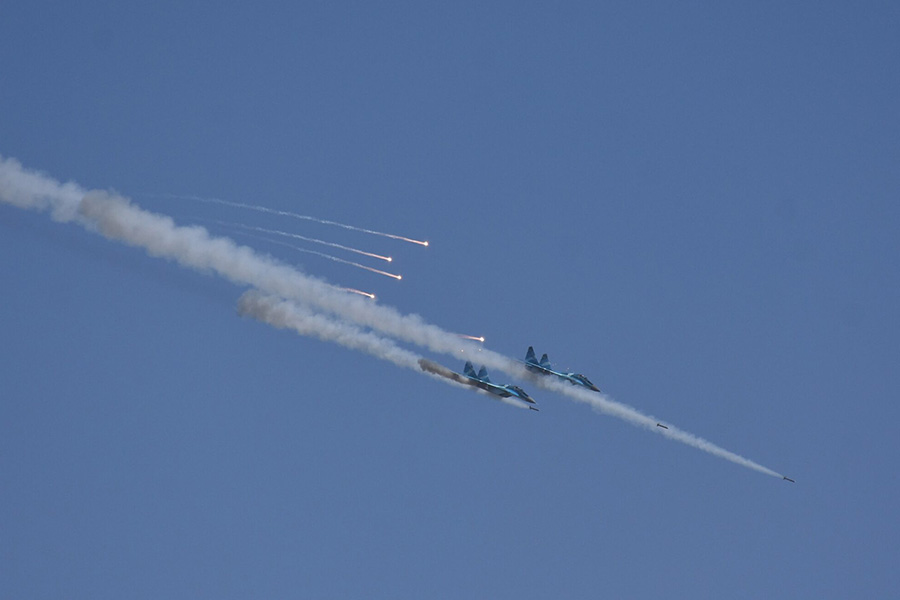
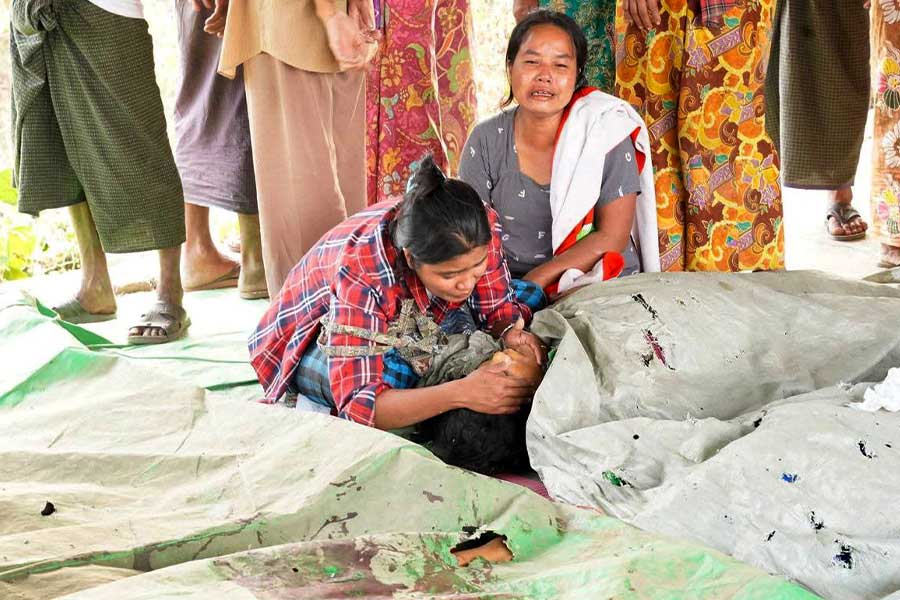
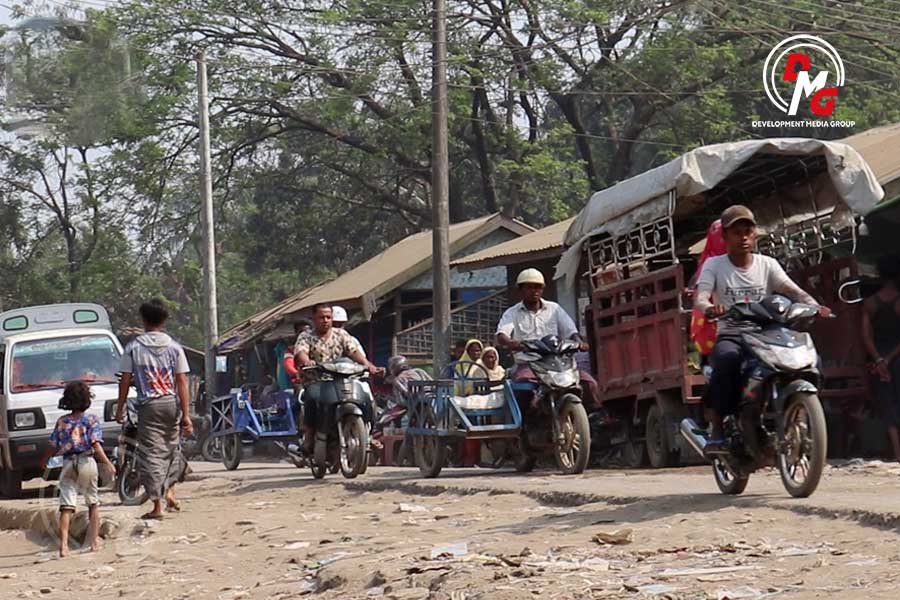
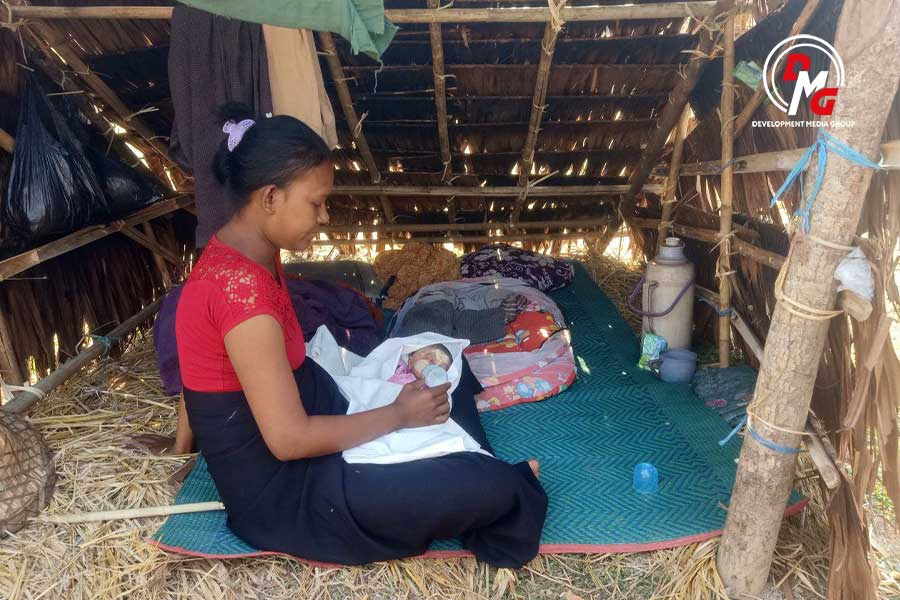
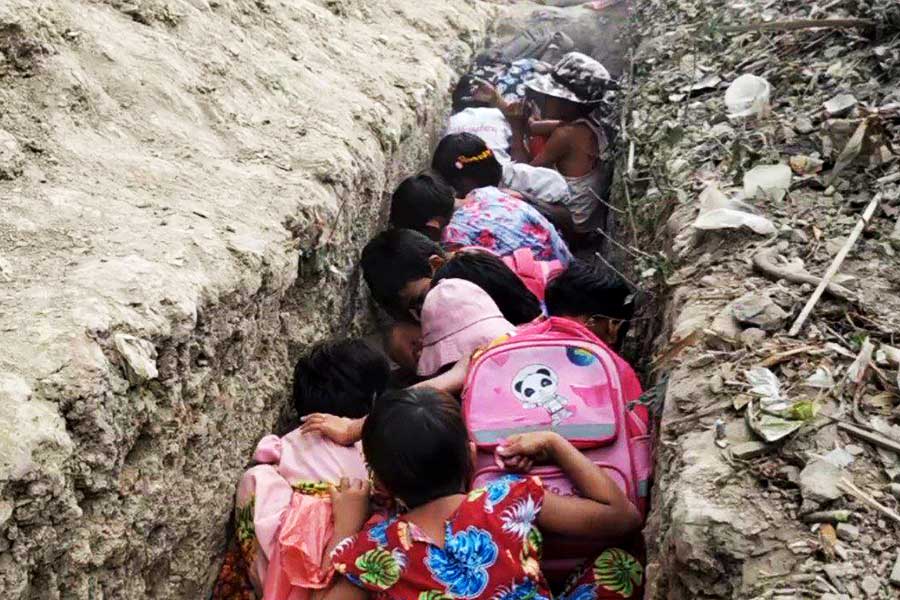








.jpg)